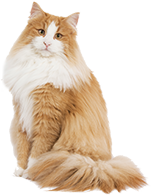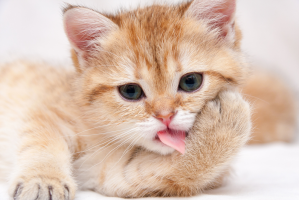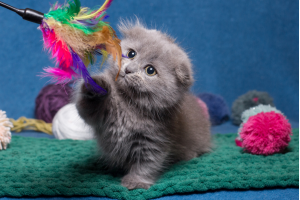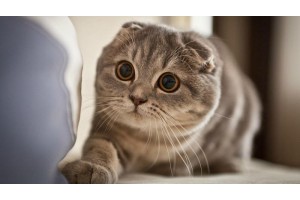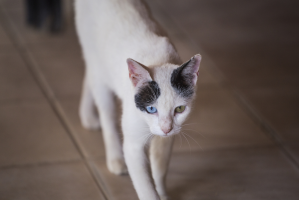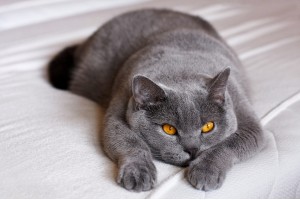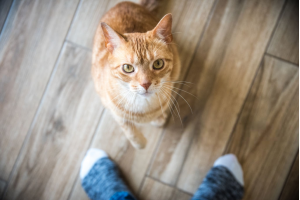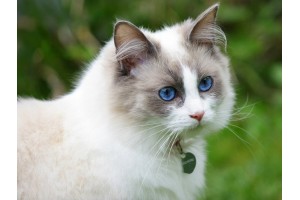Understanding Complete vs Complementary Meals for Cats
Introduction
As a responsible cat owner, ensuring your feline friend receives the right nutrition is crucial. The market is flooded with various types of cat food, but understanding the difference between complete and complementary meals can help you make the best choice for your cat's health and well-being. This article explores what constitutes a complete meal and a complementary meal for cats.
Both complete and complementary meals have their place in a cat's diet. Understanding their differences and how to use them effectively can help you provide the best nutrition for your feline friends.
What is a Complete Meal?
A complete meal for cats is a type of cat food designed to provide all the essential nutrients required for a cat's daily diet. This includes proteins, fats, vitamins, minerals and other necessary nutrients in the correct proportions.

Recommended products:
Kelly & Co’s Freeze Dried Dinner
Kelly & Co’s Freeze Dried Patty Meals
Pros of Complete Meals
• Nutritional Balance: Complete meals ensure your cat gets all the necessary nutrients in the right amounts, promoting overall health.
• Convenience: With all-in-one formulations, feeding is straightforward without the need to supplement with additional food items.
• Consistency: Ensures a consistent intake of essential nutrients, reducing the risk of deficiencies.
Cons of Complete Meals
• Cost: High-quality complete meals can be more expensive compared to complementary food.
• Limited Variety: Feeding the same complete meal every day can be monotonous for some cats.
Therefore, complementary food was formulated to supplement our beloved cat’s diet.
What is a Complementary Meal?
A complementary meal for cats, also known as a supplementary food, is designed to be fed alongside other foods to provide a balanced diet.

Recommended products:
Sanyo Tama No Densetsu Wet Food
Pros of Complementary Meals
• Variety: Complementary foods can be used to add variety to your cat's diet, which can be especially appealing to picky eaters.
• Flavour Enhancers: They can enhance the flavour of complete meals, making them more palatable for cats with finicky tastes.
• Cost-Effective: Often less expensive than complete meals
• Targeted Nutrition: Can be used to address specific dietary needs or preferences when combined with a balanced diet.
Cons of Complementary Meals
• Nutritional Gaps: On their own, they do not provide all the essential nutrients
• Time Consuming: Requires planning and supplementation
Choosing the Right Meal for Your Cat

Complete Meals:
- Ideal for cat owners looking for a straightforward, nutritionally balanced diet.
- Suitable for cats with specific dietary needs or health conditions.
- Best for ensuring consistent nutrient intake
Complementary Meals:
- Great for adding variety and excitement to your cat's diet.
- Useful for picky eaters.
- Should be carefully balanced with complete meals to avoid nutritional deficiencies.
Conclusion
In summary, complete meals offer convenience and balanced nutrition, while complementary meals can add variety and cater to specific tastes. By carefully selecting and combining these foods, you can ensure your cat enjoys a healthy, happy, and nutritionally rich life.

